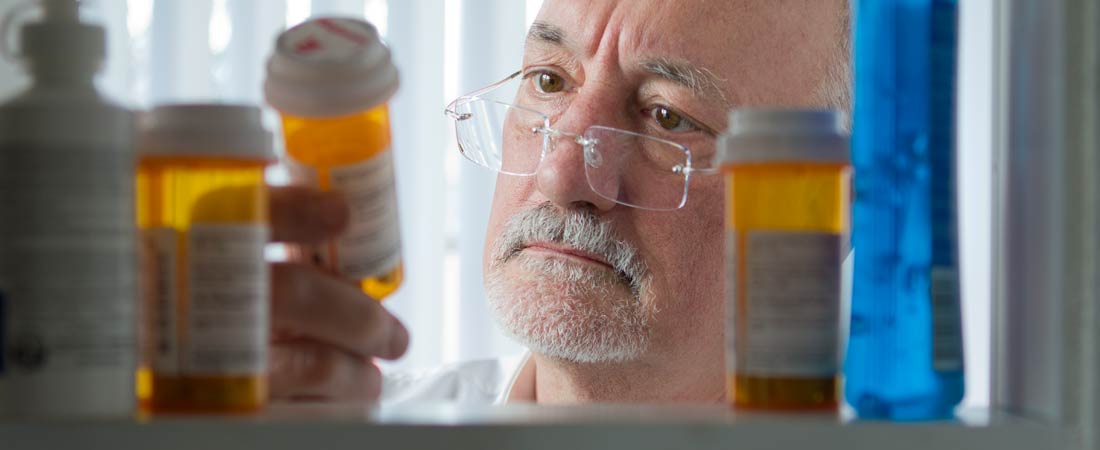A large percentage of people with Kidney Disease (also known as Chronic Kidney Disease or CKD) take medications (“meds”) for other diseases or conditions. In addition to drugs prescribed for things such as heart disease or diabetes, they may also use common pain relievers for headaches and muscle pain, or antacids for upset stomach.
Every one of these drugs can cause additional kidney damage and other harm to someone suffering from chronic kidney disease.
But, most of the estimated 26 million Americans who have Kidney Disease do not even know they have it. This is because the disease starts very slowly and gets worse, little by little, over a great many years—and it usually does this without showing any symptoms until it reaches an advanced stage. As a result, millions of people continue to use medications without suspecting how badly the drugs are damaging their bodies.
Basic blood and urine tests can show if you have started to develop kidney disease and warn you to watch your medication use, if you have. These tests are particularly important for people who fall into one of the groups at high risk for contracting kidney disease, including:
- people over 60
- people with a family history of kidney problems
- people with diabetes or high blood pressure
Kidney Disease Drug Interactions
It is also important to make sure that the medications or supplements you are using are not creating dangerous interactions with other drugs or meds
Drugs / Medications to Avoid or Reduce
for People with Chronic Kidney Disease:
People with CKD very often suffer from other illnesses or diseases. Unfortunately, many of the medications prescribed to control these conditions can make them even sicker than they already are.

